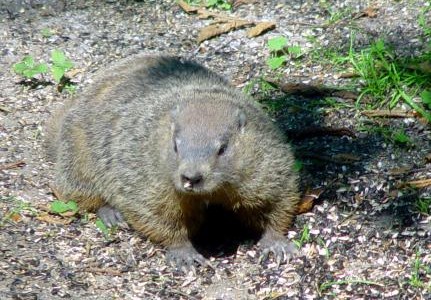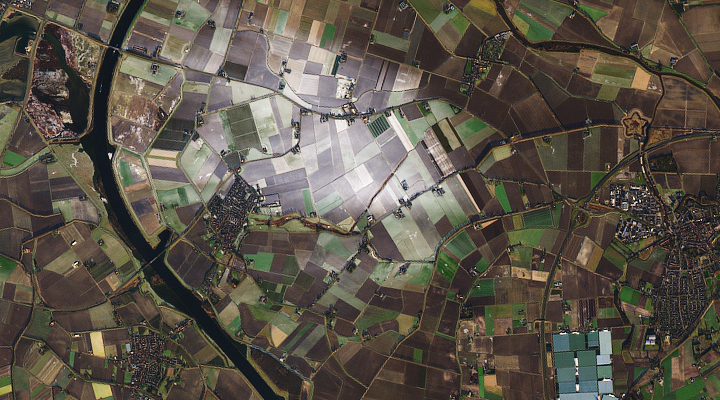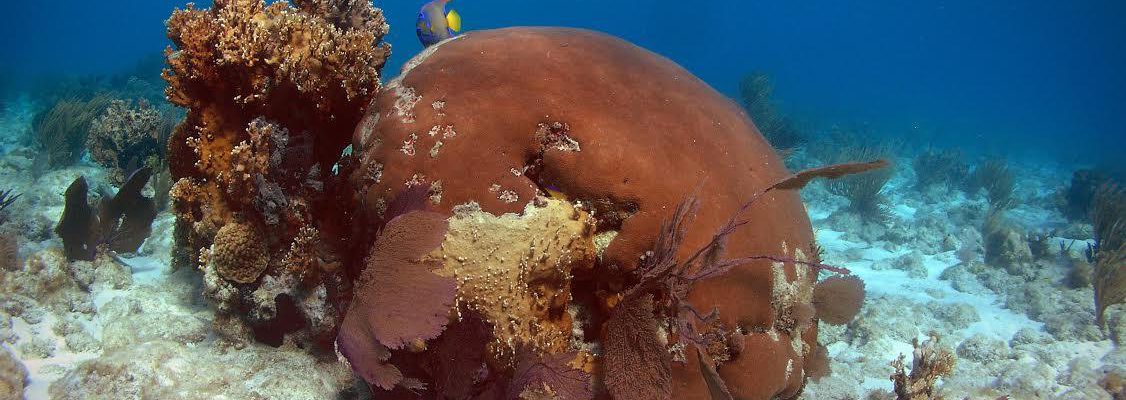Climate science
-

Don Paul, a television meteorologist from Buffalo NY that I follow on Facebook, has an excellent description of why sea levels are rising and the consequences of both rising sea levels and subsidence of land on coastal cities and ecosystems. You can read it at https://buffalonews.com/2017/02/03/don-paul-ominous-duo-rising-seas-sinking-land/.
-

Today is Groundhog Day (or Candlemas Day, depending on which calendar you use). News outlets across the US are reporting on whether we are going to have six more weeks of winter or if spring will come early based on the shadow of a marmot. All while the flowering plum trees here in Athens in…
-

NASA’s Earth Observatory had some interesting pictures this week about localized snow in the Netherlands. They think it was caused by changes in fog over small areas to snow due to the seeding of ice crystals, which changed the liquid fog droplets into ice crystals that consolidated into snowflakes. In the areas affected 1-2 inches…
-

The US Geological Survey has an interesting story about the utility of Florida corals to track long-term variations in regional climate. Similar to tree rings, coral growth patterns can be used as proxy data to study changes in ocean temperature over time. These patterns show that there are multi-decade oscillations in sea surface temperature that…
-

Modern Farmer published a story this week that discussed the conversion of prime farmland into urban areas across the world. This is certainly something that is happening in the Southeast as large cities like Atlanta and Charlotte expand into “mega-cities”, filling up all the space between city centers with suburbs and exurbs and removing good…
-

Earlier in January I was fortunate to see “Hidden Figures”, a movie about brilliant African-American women mathematicians who helped NASA successfully launch astronauts into space. If you haven’t seen it yet, you should, and take your kids with you. This week Dr. Marshall Shepherd discusses some of the hidden women in atmospheric sciences in his…
-

NOAA’s climate blog has a new entry which provides an excellent description of the difference between short-term weather and long-term climate. In addition to the analogies in this blog, I also like the comparison between a baseball player’s batting average (climate) and his actual performance in one trip to the plate. You can read the…
Posted in: Climate science